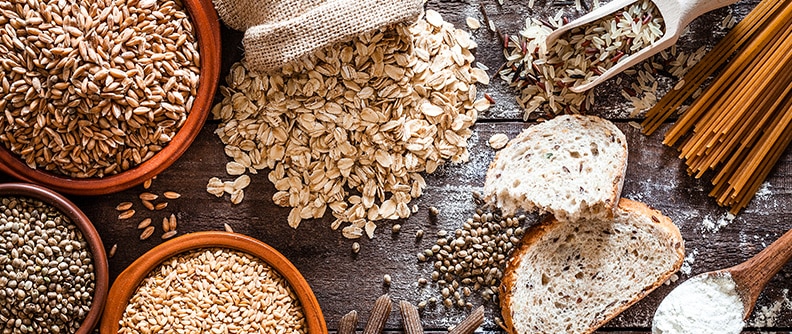Helpful tips
- Check your blood sugar 2 hours after starting a meal. This will help you understand how the food you eat affects your levels.
- If your meals are more than 4 to 5 hours apart, eat a healthy snack with 10 to 15 grams of carbs. Include protein or a small amount of healthy fat for balance..
- Complex carbs are filling and digest slowly — they won’t spike your blood sugar as quickly as simple carbs. Choose whole fruits, vegetables, and grains over simple carbs like cereal, white bread, white rice, and sweets.
- Balance your meals with healthy amounts of protein and fat. This will slow the rate at which your body turns carbs into sugar.
Bottom line
Carb counting can be a valuable tool in managing diabetes, especially if you take insulin. It helps you spread your carbs throughout the day, so that your blood sugar levels stay within your target range.
Talk to your doctor or care team to determine if carb counting is right for you.
